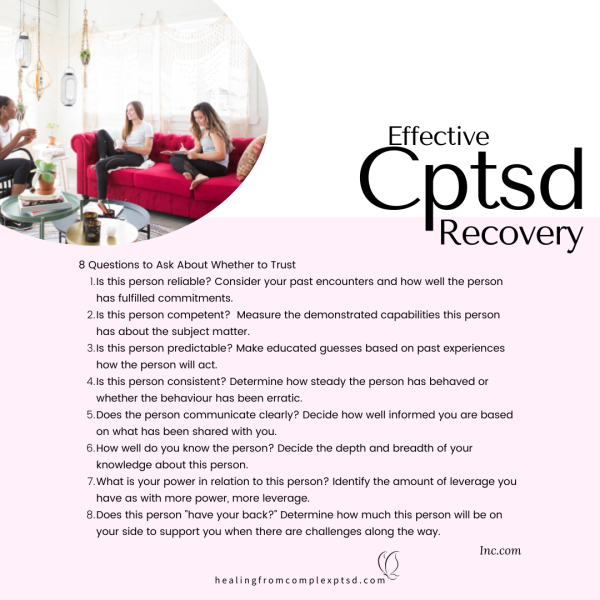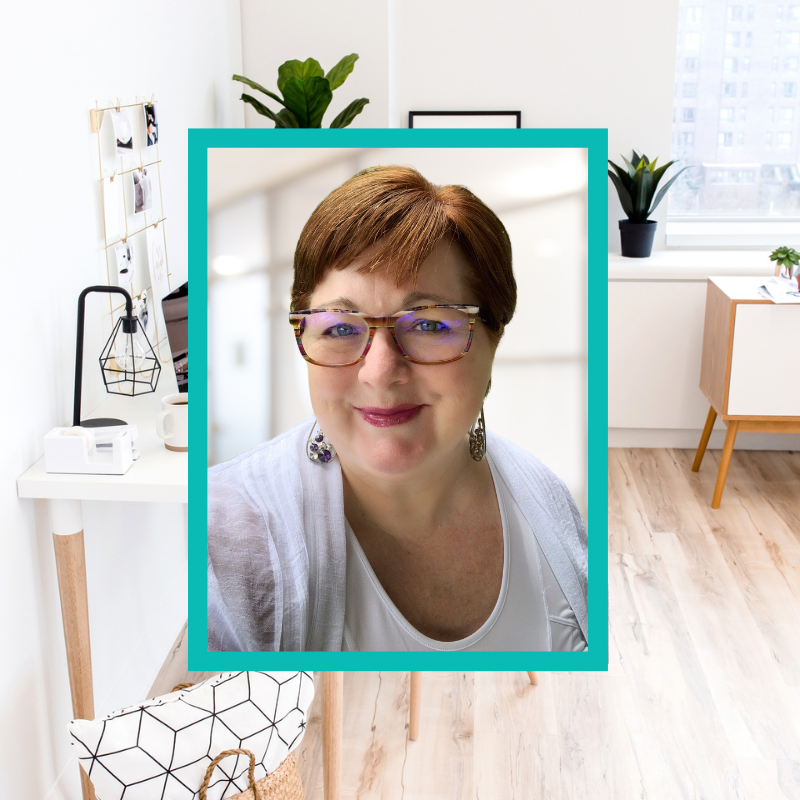Validation & Complex Ptsd
This article was posted on our original blog at Healing from Complex ptsd, June 24th 2021.
Validation and Complex Ptsd
You can find all the infographics in the Complex Ptsd Library.
Feel welcome to take the infographics to your Certified Trauma Recovery Coach or Therapist and work through what they mean for you. Take a look at how you can implement different layers of validation into your daily. Think about what would they look like and do you need to work with some codependence?
Too often we go to validating someone from our internal self, our own safe space, then wonder why we're not safe. We truly do need to flesh these things out and work through what each level looks like in our individual life.
If we don't examine the concepts of different layers of trust, different layers of friendships, different layers of validation and consciously choose which layer a new person arriving in our life represents, we can repeat our behaviours . Often times our repeated behaviour includes trusting people until they show us they can't be trusted. A healthier relationship dynamic is to trust only when people have proved they can be trusted.
To Trust or Not to Trust
Because that really is the key to deciding a relationship is safe. We want to determine before we trust someone whether or not we can. The following questions will help you determine someone's trust quotient.
8 Questions to Ask About Whether to Trust
1. Is this person reliable? Consider your past encounters and how well the person has fulfilled commitments.
2. Is this person competent? Measure the demonstrated capabilities this person has about the subject matter.
3. Is this person predictable? Make educated guesses based on past experiences how the person will act.
4. Is this person consistent? Determine how steady the person has behaved or whether the behaviour has been erratic.
5. Does the person communicate clearly? Decide how well informed you are based on what has been shared with you.
6. How well do you know the person? Decide the depth and breadth of your knowledge about this person.
7. What is your power in relation to this person? Identify the amount of leverage you have as with more power, more leverage.
8. Does this person "have your back?" Determine how much this person will be on your side to support you when there are challenges along the way.
With thanks to Inc.com for the great list to ask in advance of trusting another person.

Courses
Let's Create Generational Change Together
To support this goal, Healing from Complex PTSD allows you to:
- Access professional education and business support from industry leaders
- Learn a results-driven approach to CPtsd recovery
- Discover a full library of ready-to-use tools and resources
Developmental Trauma Self-Check
Over the past 12 months, how many and how often have you noticed:
-
I work hard to hold it together in public, then crash in private.
-
I struggle to name what I feel until it overloads me.
-
I say yes to keep the peace, then feel resentful or empty.
-
I feel loyal to people who do not treat me well.
-
I lose time or feel foggy when stressed.
-
I avoid closeness or over-attach quickly, then panic.
-
I find it hard to trust my own judgement.
-
I feel shame when I try to set boundaries.
-
I need external approval to feel steady.
-
I push through fatigue instead of pausing.
How to use this:
0–3 items often: you may be using a few survival patterns.
4–7 items often: consider paced support to rebuild safety and choice.
8–10 items often: a trauma-trained professional can help you restore stability and connection.
Brain Impact Self-Check
Over the past 12 months, how often have you noticed:
-
My mind jumps to what could go wrong, even in safe moments.
-
I find it hard to remember recent details when I am stressed.
-
Decisions feel risky, so I delay or avoid them.
-
I forget good experiences quickly and dwell on the bad.
-
I feel numb or overwhelmed, with little in-between.
-
I lose words when emotions rise.
-
I misread neutral faces or tones as negative.
-
I struggle to notice body signals like hunger, tension or breath.
-
I do better when someone I trust is nearby.
-
I feel different “versions” of me in different settings.
How to use this:
0–3 often: some protective habits; gentle self-care may help.
4–7 often: consider trauma-trained coaching to build daily brain skills.
8–10 often: a paced, brain-based plan can restore clarity, memory and confidence.
For formal assessment, use recognised measures:
-
ACE-IQ or ACE-10 for adversity history (education only on public pages).
-
ITQ (International Trauma Questionnaire) for ICD-11 PTSD/Complex PTSD.
-
DERS for emotion regulation, DES-II for dissociation, PCL-5 for PTSD symptoms.
-
PHQ-9, GAD-7 for mood and anxiety; OSSS-3 for social support.

